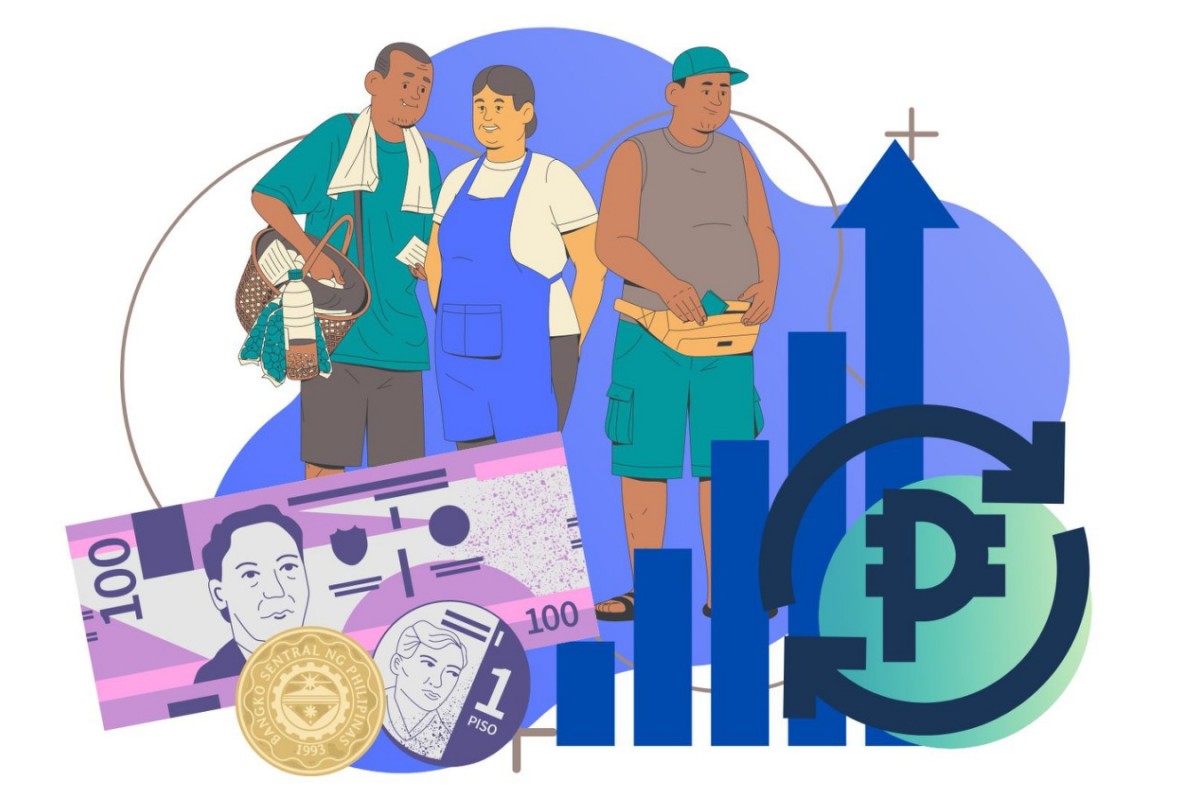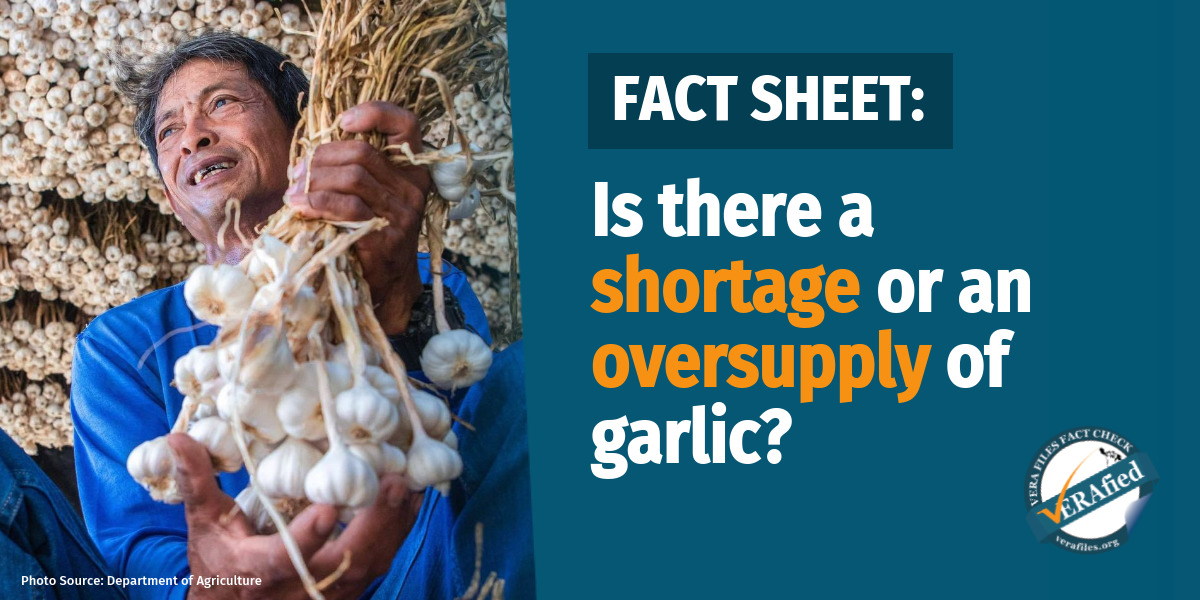Whew, we’ve survived 2022! Are you ready for more hurdles to overcome in 2023?
Most Filipinos welcome a new year with optimism and excitement for an opportunity to start something good or even better.
To the millennials and the younger generation, New Year’s resolutions are out; manifestations are in. Instead of sounding like broken records making the same old New Year’s resolutions only to either be broken or altogether forgotten after a few weeks, they prefer unleashing their mental creativity to reflect on what they want, focus on it and achieve it.
We bid 2022 goodbye deeply grateful for having survived numerous humps and bumps of life, from our personal struggles to politics, from dealing with the disruptions brought about by COVID-19 to facing the pandemic’s devastating impact on our day-to-day life.
Many of these struggles are here to stay; we just need to be far more resilient, looking at the positive side of things and viewing challenges as learning opportunities.
The biggest bump we had in 2022 was probably the results of the May 9 elections. Six months after the balloting, we have yet to heal the political divide. We remain deeply polarized. This should serve as a tremendous challenge for the administration, in spite of the 31 million votes for the president, to show its commitment and sincerity in serving the people, regardless of political affiliations and partisan leanings, in line with its mantra for unity. But unity can’t be one-sided. It is time for those on the other side of the political fence to set aside bitterness or that negative feeling of having lost but without waiving vigilance against feared abuses of power.
As we close 2022, most families are struggling with excessively high prices of basic consumer products and prime commodities. We enter 2023 with the same problem. Both the Department of Trade and Industry (DTI) and the Department of Agriculture (DA) appear helpless in controlling the prices of goods such as the basic ingredients for the traditional noche buena (Christmas Eve) and media noche (New Year’s Eve) meals like onion, pasta noodles, all-purpose cream, sugar and salt.
The DTI’s list of basic goods includes canned sardines, processed milk, coffee, bread, instant noodles, salt, detergent soap, bottled water and candles. While meatloaf, beef loaf, corned beef, soy sauce, vinegar, fish sauce, toilet soap and batteries are classified as prime commodities.
The soaring retail prices of onion from as low as P100 per kilogram in October to almost P300 in November and further up at around P500 as Christmas Day neared had startled many, notwithstanding the DA’s suggested retail price (SRP) of P170 per kilogram. It reached more than P700 per kilogram a few days before the New Year, prompting the Agriculture department to raise its SRP to P250 per kilogram.
What’s the SRP for if it’s not being enforced? On Saturday, the DA says it will issue a bulletin imposing fines ranging from P5,000 to P2 million and jail terms of five to 15 years on traders and retailers who sell onion beyond the SRP of P250 per kilogram. Why only now? What about other agricultural products whose exorbitant prices have also unreasonably risen even in the neighborhood talipapa? The DA-run Kadiwa centers sell onions at P170 per kilogram, but these temporary stores are so few and available only in very limited locations, dates and times.
DA Assistant Secretary and spokesman Kristine Evangelista said the P250 per kilogram SRP for onion will be effective until the first week of January 2023, when the anticipated harvest season sets in to stabilize the supply in the market. At least that gives us some hope that we can soon enjoy bistek Tagalog with lots of onions again when prices go down.
The Marcos administration has to do better in controlling rising inflation, which hits the poor the hardest.
Controlling inflation topped the list of “most urgent national concerns” of Filipino voters, based on a January 2022 Pulse Asia pre-electoral survey. The problem has turned worse since then.
Inflation is about rising prices or paying more for goods and services you usually buy at a lower cost. It refers to the decline of purchasing power because a person’s income cannot keep up with the increasing prices of goods and services.
According to the Philippine Statistics Authority, the country’s inflation data soared to 8 % in November, up from 7.7% in October and 6.9% in September. It was mainly driven by high food and utility prices. Recent typhoons that heavily hit farmlands have contributed to the scandalous increases in the prices of agricultural commodities.
The World Bank’s Philippine Economic Update for December 2022 anticipates the country’s economic growth to slow in 2023. “This is because high domestic inflation is likely to slow household consumption growth, rising interest rates is likely to dampen investment and slower global growth could depress the export of demand-sensitive products such as electronics,” explained Ndiame Diop, World Bank country director for Brunei, Malaysia, the Philippines and Thailand.
What can ordinary Filipinos do to manage the effects of inflation? We have to further tighten our belts and avoid overspending. Limit our spending to what we need and set aside things that we can survive without.
With tougher times ahead, we better spend wisely to hurdle the difficulties largely brought about by the COVID-19 pandemic. Praying for good governance to help us sail through the challenges.
The views in this column are those of the author and do not necessarily reflect the views of VERA Files.
This column also appeared in The Manila Times.




